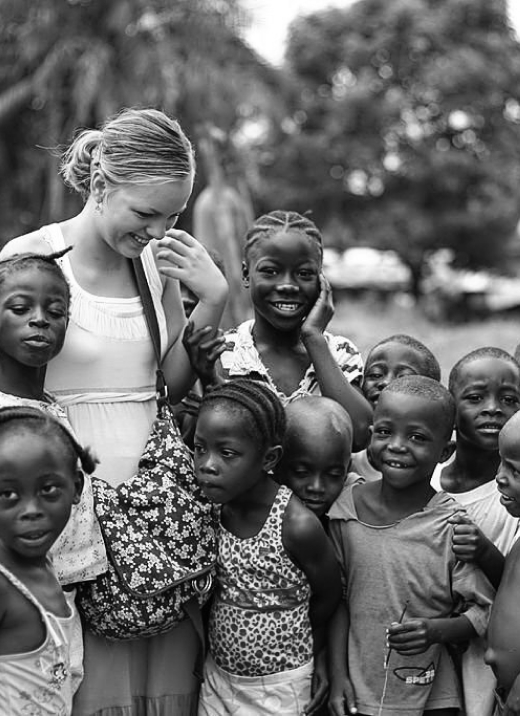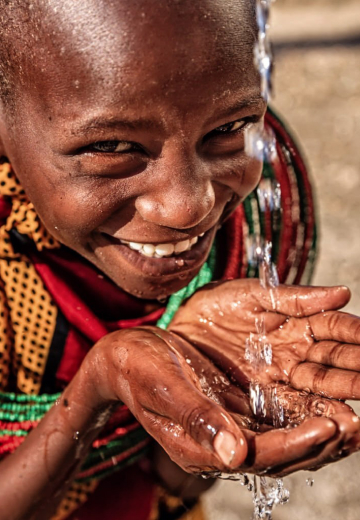Tag Line If Possible
Main Title Goes Here
Perhaps the greatest challenge facing global mental health in the coming decade will be the mental health of young people. Globally, there is a paucity of child and adolescent psychiatrists to support the development of programs to meet the clinical and public health need. A 2021 UNICEF report, “On My Mind: The State of the World’s Children,” called on government leaders to promote, protect, and care for the mental health of the world’s children through investment, combating stigma, advancing programs for prevention and promotion, supporting parents and caregivers, addressing poverty and mental health, addressing inequities of gender, and generating interventions across systems and sectors.
Pierce Division faculty have worked on service delivery, training and education, and research programs focused on child and adolescent mental health around the world. This has included training programs to capacitate evidence-based practices in delivery care to young people, care delivery programs serving the mental health of mothers, school-based mental health education and intervention, and research on family-based home visiting interventions for adolescent mothers.
The need to prioritize early child development and prevention, and maternal mental health
For care providers who work to provide quality clinical care in challenging circumstances in all contexts, including in the US, it is important for psychiatrists to address the problems directly by considering action on the social determinants themselves on behalf of children and adolescents. Clinicians can advocate for investments and programming for children, adolescents, and their families, for example, for trauma-informed schools based on SAMHSA recommendations. Clinicians can also seek ways to act beyond the clinic on the promoters of structural inequities, in context.
Broadly, attention paid to early child development concerns is critical and is an egregiously under-supported area of global health that requires action. Poor beginnings can include delivery by an unskilled attendant in the home, infections (such as malaria), diarrhea, inadequate micro-nutrients (such as iron and iodine), and inadequate psychosocial stimulation. Rapid brain development in the first 3 years of life combined with greater neuroplasticity as a window of opportunity implies that it is important to start early; support both children and caregivers; and provide multiple protective inputs to promote nurturing care, including parenting support, promotion of attachment and bonding, support of breastfeeding, micro-nutrients and children feeding, prevention of child maltreatment, and out-of-home interventions (such as early learning programs and nurturing environments); social safety net interventions (such as cash transfer programs and social protection efforts); and coordinated services across sectors.
Although the physical health of women and children has been emphasized, the mental aspects of their health are often ignored by maternal and child health programs. Globally, in women of childbearing age, depression accounts for the largest proportion of the burden associated with mental or neurological disorders. Regarding the global burden of disease, the prevalence of depression is higher in women than in men, with alternative epidemiological explanations related to stigma and culture. This gap in prevalence rates has persisted over the years and has been exacerbated by the pandemic. Prevention and treatment of post-partum depression should be prioritized, with implementation of integrated or collaborative care models, in which team-based systems comprising obstetricians, midwives, and pediatricians. Teams can be strengthened by engaging community health workers and traditional midwives, who should be taught how to screen for depression and undertake preliminary preventive health measures based on research regarding the effectiveness of interventions, especially those that can be delivered by non-specialists. This is another area for innovation in health care delivery that can benefit from drawing lessons from the field of global mental health.
Projects

Short quote can go here, this length is great!

